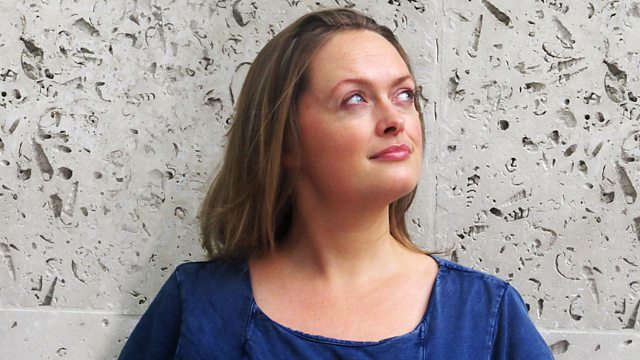Covid and our ancient ancestors
The role our genetic inheritance plays in determining how the virus affects us.
A global project looking at the genomes of over 2 million people has found a number of distinct genetic markers which seem to either make Covid infection more likely or the symptoms more severe. Some of these markers are known to be associated with susceptibility to cancer and lung disease. However the researchers say on their own these genetic factors are not determinants of how sick people will become. Underlying health, age and sex and a range of environmental and social factors are likely more important says Andrea Ganna from Finland’s Institute of Molecular Medicine who crunched the numbers.
The Royal Society Summer Exhibition has just opened. And this year its an opportunity for more people to get involved than ever before – the event is taking place online. There are a number of workshops and interactive games. We speak to a couple of the participants. Caroline Orr from Teesside University talks about research using supercomputers to make microbes produce a range of biofuels that could replace petrol and diesel, and Tony Peyton from Manchester University tells us how the electromagnetic properties of materials are bring harnessed to improve mine clearance in former war zones.
And we go to another exhibition, the Royal College of Art graduate show, and ask the age old question - is it art ? Students Kukbong Kim and Bahareh Saboktakin show us their work with recycled concrete and 3d printing - which looks more like science to us.
Last on
More episodes
Previous
Broadcasts
- Thu 8 Jul 2021 16:30����ý Radio 4 FM
- Thu 8 Jul 2021 21:00����ý Radio 4
Explore further with The Open University
Discover more fascinating science content with The Open University
Podcast
-
![]()
����ý Inside Science
A weekly programme looking at the science that's changing our world.


